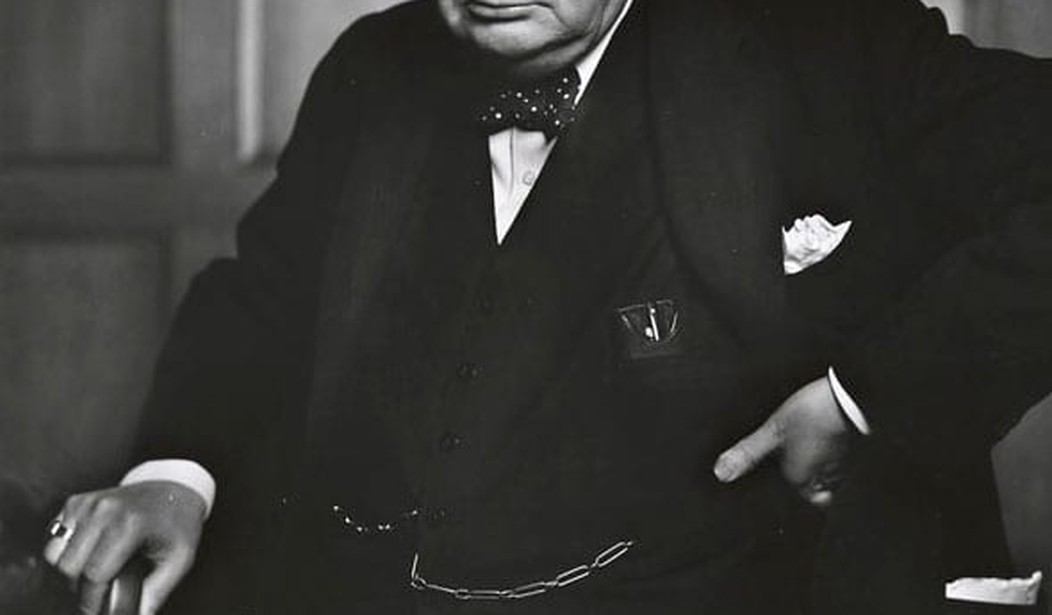A couple of weeks ago, out of the blue, one of my sisters-in-law (I have the world’s best collections of sisters-in-law!) sent me an email saying she remembered my wife saying that I had studied Jesuit scientist and philosopher Pierre Teilhard de Chardin in college. As the prayer from that morning’s mass she had attended was from Teilhard, she shared it with me. Though I have read a huge host of Teilhard’s writings, I had not seen this before:
Patient Trust
Above all, trust in the slow work of God.
We are quite naturally impatient in everything
to reach the end without delay.
We should like to skip the intermediate stages.
We are impatient of being on the way to something
unknown, something new.
And yet it is the law of all progress
that it is made by passing through
some stages of instability—
and that it may take a very long time.
And so I think it is with you;
your ideas mature gradually—let them grow,
let them shape themselves, without undue haste.
Don’t try to force them on,
as though you could be today what time
(that is to say, grace and circumstances
acting on your own good will)
will make of you tomorrow.
Only God could say what this new spirit
gradually forming within you will be.
Give Our Lord the benefit of believing
that his hand is leading you,
and accept the anxiety of feeling yourself
in suspense and incomplete.
The truth is, I really liked and respected some of Teilhard’s thought, but not all of it by any means. But this prayer … this, I really, really like.
It pretty much speaks for itself, without needing erudite interpretation. It tells us to be patient, trust in the Lord, and accept that not everything in our lives will be clear or tied up in a nice, neat package — or at least not on our own schedule, but only when God decides it is right. To my tastes, it says so in a particularly accessible, elegant way.
There are, of course, countless examples in all of our daily lives, and countless more significant examples in the history books, of people who pressed on amidst frustration and confusion, apparent failure and disappointment, wondering why their efforts were unavailing but never losing faith — and, after years in the wilderness, suddenly finding that God had given them their moment and their calling.
The most obvious and famous example in the past 100 years is probably Winston Churchill, largely dismissed as a crank for 15 or 20 years after World War I, warning for the last seven of those years about the dangers posed by Hitler, but mostly ignored by those in power. We now know, though, that the Lord had great things in store for Churchill, namely leading the fight to save Western civilization itself.
It is not well known that Churchill was indeed a man of faith, but recent scholarship has shown that he was. In 1932 he wrote an essay on Moses in which he proclaimed the inerrancy of Scripture while paying homage to our God “of pity, self-sacrifice, and ineffable love.”
It is thus worth noting that at the very nadir of British fortunes, as the island nation reeled from its Army’s haggard escape at Dunkirk, in the famous speech in which Churchill vowed that Britons would fight on seas, oceans, airs, beaches, landing grounds, fields, streets and hills, Churchill closed with the same theme that animated Teilhard’s prayer above.
Victory, he concluded, would surely come, even though it might take the New World coming “to the rescue and liberation of the old.” And when would it come? Said Churchill: “In God’s good time.”
So, as Teilhard wrote, the role of each of us is to Give Our Lord the benefit of believing that his hand is leading you — and have faith that “the slow work of God” will finally redeem our efforts, in God’s good time. Amen.
Quin Hillyer is a veteran conservative columnist. He has an undergraduate degree in Theology from Georgetown University and has served for years in various forms of ecumenical lay leadership.









Join the conversation as a VIP Member